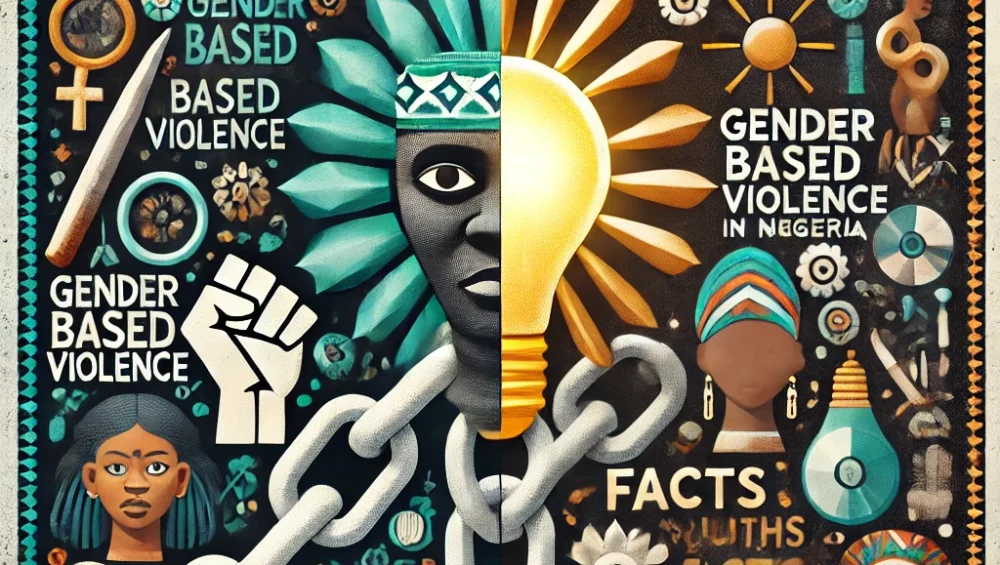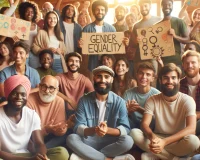Gender-Based Violence (GBV) is a critical issue in Nigeria, affecting individuals across all demographics. Despite its devastating impact, several myths continue to obscure the truth about GBV, perpetuating stigma and hindering effective interventions. Understanding the facts is a crucial step toward addressing this societal challenge.
Myth 1: Gender-Based Violence Only Affects Women
Fact: While women and girls are disproportionately affected, GBV also impacts men and boys. According to studies, men can be victims of domestic violence, sexual harassment, and emotional abuse. However, societal norms often make it difficult for male victims to seek help or report abuse.
Myth 2: GBV Happens Only in Poor Communities
Fact: Gender-based violence transcends socio-economic boundaries. It occurs in wealthy families, middle-class homes, and impoverished communities alike. The causes of GBV, such as power imbalances, cultural norms, and toxic masculinity, exist across all social strata.
Myth 3: Victims Are to Blame for Their Abuse
Fact: No one deserves to be abused. Victim-blaming is a harmful attitude that shifts responsibility away from perpetrators. Whether it involves choices of clothing, location, or behavior, blaming victims perpetuates violence and discourages survivors from seeking justice.
Myth 4: GBV Is a Private Family Matter
Fact: Gender-based violence is a public health and human rights issue. When ignored, it undermines societal stability, perpetuates cycles of abuse, and has far-reaching consequences, including economic costs and psychological trauma for victims and their families.
Myth 5: Survivors Should Just Leave Abusive Relationships
Fact: Leaving an abusive relationship is not always simple or safe. Survivors may face threats of violence, financial dependence, cultural pressures, or emotional manipulation that prevent them from escaping. Supporting survivors involves understanding their unique challenges and providing a safe environment for their transition.
Myth 6: Education Automatically Prevents GBV
Fact: While education is essential in reducing GBV, it is not a foolproof solution. Educated individuals can still perpetuate or fall victim to GBV due to ingrained cultural norms or lack of awareness about respectful relationships. Comprehensive education about gender equality and consent is necessary.
The Way Forward
To combat GBV in Nigeria, it is vital to:
- Raise Awareness: Dispelling myths through education and community dialogue can break down harmful stereotypes and stigma.
- Strengthen Legislation: The effective enforcement of laws like the Violence Against Persons (Prohibition) Act (VAPP) is critical to deterring perpetrators and supporting survivors.
- Provide Support Systems: Safe shelters, counseling services, and financial empowerment initiatives can help survivors rebuild their lives.
- Engage Men and Boys: Addressing toxic masculinity and promoting healthy relationships is key to creating a more equitable society.
Conclusion
Challenging myths about GBV is an essential step in creating a safer and more just Nigeria. By replacing misconceptions with facts and fostering a culture of accountability and support, we can pave the way for meaningful change. Together, we must stand against gender-based violence in all its forms.






